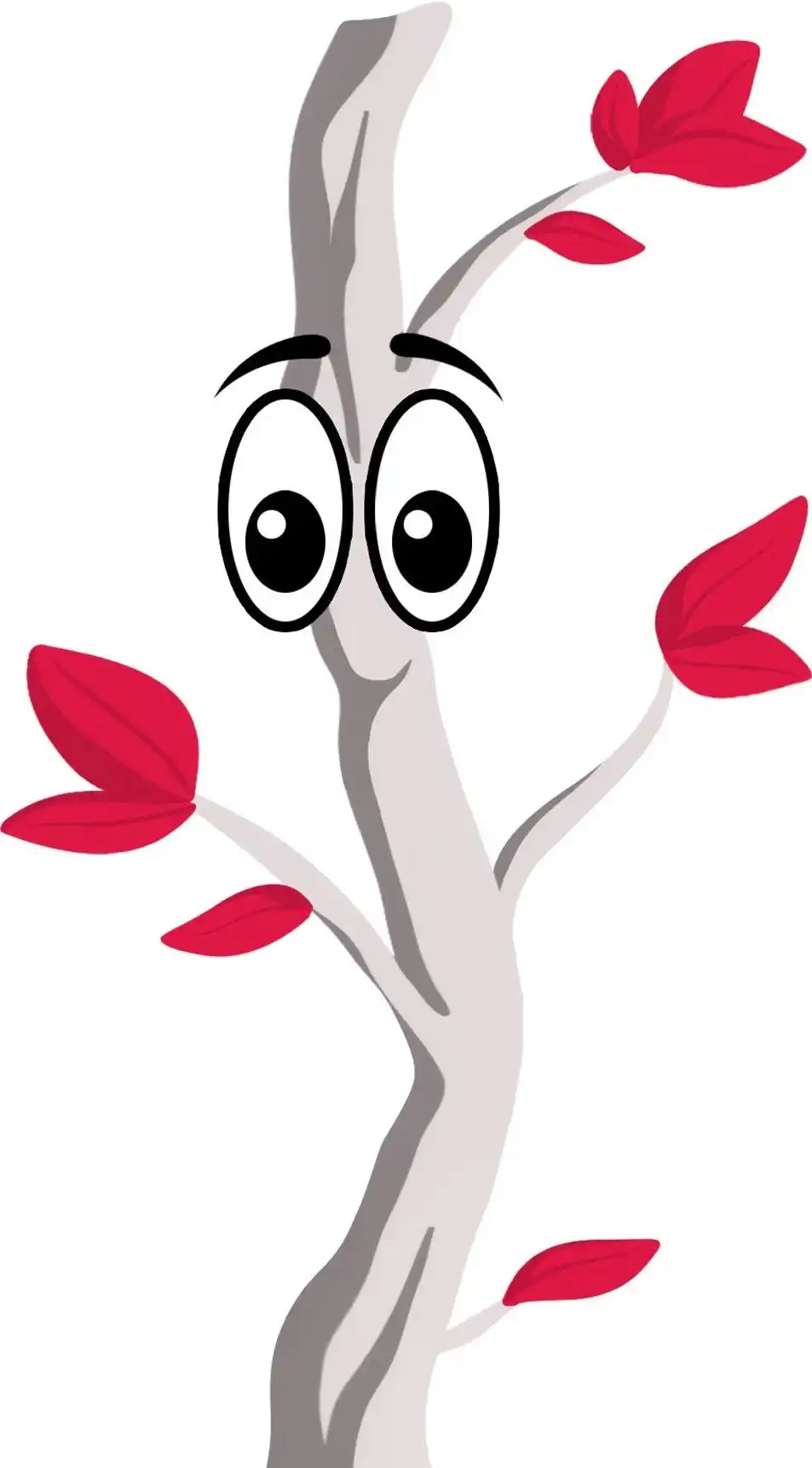Unless you want to spend your days competing on price alone, you need to connect with your audience on a deeper level. To do this, your brand needs a real human personality with a real, human voice. You need to curate a brand archetype that can engage with your customers on a deeper, emotional level. But how and why do they work?
Many people have emotional connections to their favourite brands, despite the fact that their relationship to the brand is transactional. Nevertheless, they form these emotional bonds because they feel that the brand speaks to them – much like a real person would! Just like that well-rounded character in your favourite novel, a brand archetype is a way of presenting your brand as a persona with values, behaviours and a message. This way, your brand instantly becomes more recognisable and relatable to potential customers.
Here is an overview of how they work, including insights into the 12 classic brand archetypes.
What are Brand Archetypes?
The term archetype means “Original Pattern” in ancient Greek. There are many ways to describe an archetype. The easiest is to think of them as mental social symbols. Those symbols are formed over generations that are embedded in our subconscious. An archetype’s image or meaning is therefore interpreted the same way across different groups or cultures.
Brand archetypes follow the same concept. Essentially, a brand associates itself with a recognisable character. It could be heroism or innocence for instance. It then portrays this character in its branding, products/services and marketing.
Brands reap a lot of benefits when they adopt an archetype. The greatest is that it adds personality to the brand, enabling potential customers to relate and connect with it. In some cases, this is a lifelong connection worth thousands of dollars. Or more!
Why are Brand Archetypes So Effective?
A good brand archetype will save you a lot of work and money when it comes to marketing. The reason is simple. People make their purchasing decisions subconsciously, and the emotional appeal of an archetype plays to that.
The effectiveness of brand archetypes is backed by scientific research as well. GetUplift – a fellow marketing agency – conducted research aiming to find out what influences customer decision-making. Non rational and emotive communications saw more direct to purchase behaviour in those studied. A brand archetype is effective for this reason. When offered a choice between two competing brands, most customers will naturally go for the brand with an archetype. Why? Because of they way it makes them FEEL.
What Makes an Effective Brand Archetype?
One or two personality traits are not enough to make an effective brand archetype. You need to develop a fully formed archetypes “personality” with an outlook on life, an opinion on the world and firm beliefs. That will allow you to connect with your customers as though you are human. People need to recognise and identify with your brand for it to be effective. Your archetype also needs to be portrayed in everything your brand does. That means from its products/services to its marketing campaign.
What are The 12 Classic Brand Archetypes?
There are 12 classic brand archetypes identified by Swiss psychiatrist and psychoanalyst Carl Jung that are commonly recognised by people worldwide. When adopted, they allow a brand to stand-out in the crowd as unique and memorable as well as connect with potential customers in a deeper emotional way.
The 12 classic brand archetypes are:
1. The Innocent
‘The Innocent’ archetype is simple, idealistic, and is optimistic about the world. This archetype just wants people to be happy. It’s ideal for brands with strong, positive values such as honesty and trustworthiness. Good brand examples are Dove Soap, which portrays positivity and happiness.
2. The Hero
‘The Hero’ wants to make the world a better place, and it is not subtle about its intentions. This archetype offers solutions to challenges and helps develop opportunities for positive change. Nike and The Red Cross are two examples of this archetype.
3. The Outlaw
‘The Outlaw’ doesn’t mind breaking the rules to get their way. They don’t care for the status quo, and they will be active in fighting for change. The fighting may not be literal, but outlaws have other ways of rebelling. For example, bikers take to the road and don’t care where it takes them. To this end, Harley Davidson is an excellent example of the outlaw archetype.
4. The Caregiver
‘The Caregiver’ archetype wants to help and nurture other people. It offers solutions to common problems that affect people’s living conditions. The Campbell Soup Company brand is a good example, as it provides cheap and nutritional soup for the hungry. The Johnson & Johnson brand is also a good example, as it produces baby care and medicinal products.
5. The Explorer
‘The Explorer’ wants new alternatives. They crave discovering things that they didn’t know about. They are ambitious and have a deep sense of independence. They also don’t mind taking risks. Jeep is a good example of this brand archetype. It makes cars that can survive harsh conditions in the wild, enabling their users to go places where other cars cannot.
6. The Ruler
‘The Ruler’ is organised, responsible, and wants to see order around them – preferably through their control. They are inspirational and want to make the world a better place. This is a common archetype with big brands. For example, Microsoft positions itself as a leader by engaging in philanthropic and humanitarian projects across the world.
7. The Magician
‘The Magician’ is imaginative and wants to create new experiences in surprising and fun ways – like magic! They want to transform people’s circumstances and make their dreams come true. Disney is an excellent example of this archetype. It creates whole new exciting worlds that excite imaginative minds, especially kids.
8. The Lover
‘The Lover’ archetype is intimate and romantic. It is passionate, and it wants people to feel beautiful inside and outside. This archetype is especially popular with brands in the beauty and fashion industries. Victoria’s Secret is an excellent example. It offers advice and products that can help make users highlight their best traits.
9. The Jester
‘The Jester’ is fun and wants to live in the moment. They are also light-hearted and often use humour to tell the truth. Skittles and MnMs is a good example of this brand archetype for obvious reasons.
10. The Sage
‘The Sage’ is wise and is always seeking out more truth and understanding. They are not afraid to confront difficult and complex situations, and they are active in finding solutions. This archetype is popular among many tech brands. For example, Google offers a search engine with tons of information on just about any subject.
11. The Creator
‘The Creator’ is imaginative and creative. They create new possibilities that solve old problems and create new opportunities. Adobe is a good example of this brand archetype. Their programs enable artists (and many other professionals) to bring their ideas to live.
12. The Everyman/Woman, Regular Guy/Gal
‘The Regular Guy / Girl’ is just an ordinary person who wants to connect with other ordinary people. They just want to belong. They are also down to earth, have solid values and street smarts, and know what to expect from life. Bunnings is a good example of this brand archetype.
Final Thoughts
An archetype adds life and personality to a brand, making it relatable with the masses. It naturally attracts like-minded people to the brand, building a strong foundation for growth and success. Every brand needs an archetype, and there is a perfect one for your brand.
At Oracle Tree, we are branding experts! Get in touch with us today to book in for a strategic planning session to help improve your branding.









